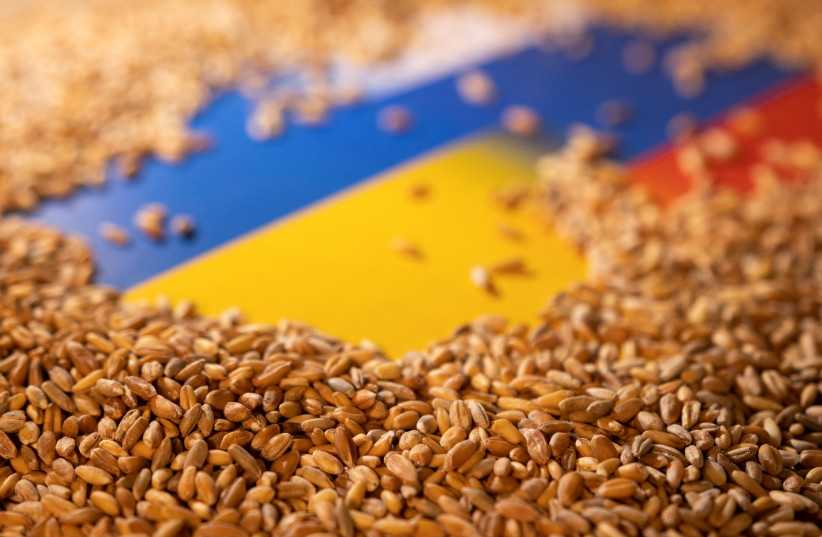Over the weekend, Russia suspended a deal that had enabled Ukraine to export grain. Moscow claimed it suffered a drone attack in Sevastopol, a large Crimean port city, forcing it to back out of the deal. According to reports, the deal had already enabled some nine million tons of Ukrainian grain to be exported.
“The Russian side suspends participation in the implementation of agreements on the export of agricultural products from Ukrainian ports,” the Russian Defense Ministry said in a statement.
According to Reuters, “The European Union on Sunday called on Russia to reverse its decision to pull out of a UN-brokered grain deal, a move that undermined efforts to ease a global food crisis, and that Ukraine said Moscow had planned well in advance.”
It’s clear that Russia’s war efforts in Ukraine have ground to a halt and that Moscow has shifted to a widespread economic and infrastructure war designed to make Ukrainians suffer during the winter.
This is designed purely as a war of attrition to weaken and terrorize Ukraine. The use of Iranian-style drones, for instance, is a way for Russia to use an inexpensive weapon to target Ukrainian infrastructure and civilians.
Moscow appears to have given up any pretense of winning a war with Ukraine and instead prefers a stalemate that will force Ukraine to fight the rest of the war on its own territory. This was the same model that Russia perfected in other conflicts, particularly in Georgia.

Western support for Ukraine can only do so much for Kyiv
Western support for Ukraine can only do so much for Kyiv; while the West can continue to supply weapons and munitions, it is not clear if it can make up for the economic and infrastructure losses.
Moscow’s goal now seems to be to push the West into some kind of a deal in which the West and Ukraine will continually be asked to negotiate over areas that Moscow has illegally annexed. If the West enters talks, this would legitimize Russia’s war.
On the other hand, the West is portrayed by Moscow as not being “pro-peace” if it doesn’t enter talks. It is to Russia’s advantage that the tough winter months are approaching, and Europe is facing rising inflation and energy shortages.
The recent cases of Russia targeting Ukrainian infrastructure using drones and now suspending the grain deal while encouraging Turkey to be an energy hub seem to be Russia’s way of pivoting to a widespread economic war.
Russia has already tried to rally China and other countries to its economic cause, and Moscow has played a key role in meetings of the SCO and CICA conferences in Central Asia. As the war enters its winter months, this will be a major test for Moscow’s strategy.
If Russia comes out of the winter in a better position, this will reassure Russian President Vladimir Putin that his choice to challenge the West was correct.
If the West and Ukraine can get around this round of economic and infrastructure war, then it will prove that the West can not only help Ukraine push the Russians back using munitions, but also on the economic front.
